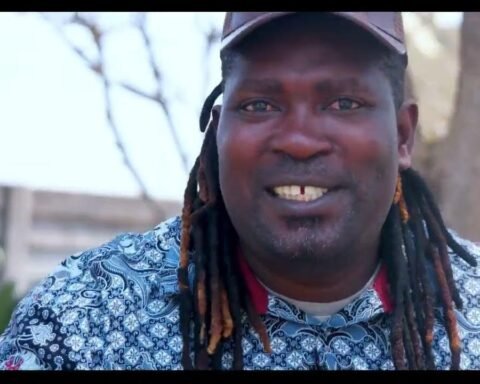Zimbabwean mercenary Lionel Dyck passed away at the age of 80 in Cape Town last week after battling cancer. Lionel Dyck, once emblematic of the modern-day mercenary, died on his farm in Cape Town, South Africa. Dyck played pivotal roles in Zimbabwe’s turbulent history, fighting against revolutionary armies in the 1970s and later working with the new government post-1980. After retiring from the Zimbabwean army, he founded a demining firm and delved into private military contract work, notably in Mozambique.
Born in January 1944, Dyck received his education at the then all-white Umtali Boys High, now Mutare Boys High, in Mutare, Zimbabwe’s third-largest city. He enlisted in the Rhodesian Light Infantry in 1961, marking his entry into military life amid Rhodesia’s constitutional shifts towards white minority rule. Throughout the liberation struggle, Dyck served in various capacities, including the Rhodesian African Rifles (RAR), defending the government until black majority rule was established in 1980.
Post-independence, Dyck’s expertise was sought to integrate RAR and guerilla armies into a unified military unit. Despite historical clashes and affiliations, Dyck’s commitment to professionalism transcended political divides. He received accolades for his bravery, including the Silver Cross of Zimbabwe from President Robert Mugabe.
Following his military career, Dyck contributed to the Zimbabwe National Army’s response to the Renamo insurgency in Mozambique before retiring in 1990. Settling in South Africa, Dyck co-founded MineTech International, a leading provider of security and demining services. In 2012, he established the Dyck Advisory Group (DAG), further cementing his reputation as a modern-day mercenary.
In his final mission, Dyck returned to Mozambique to combat Islamic extremists in Cabo Delgado. His legacy extends beyond military exploits, encompassing entrepreneurship and advocacy for humanitarian intervention. Lionel Dyck’s death marks the end of an era, leaving behind a storied career and lasting impact in Southern Africa’s military landscape.








